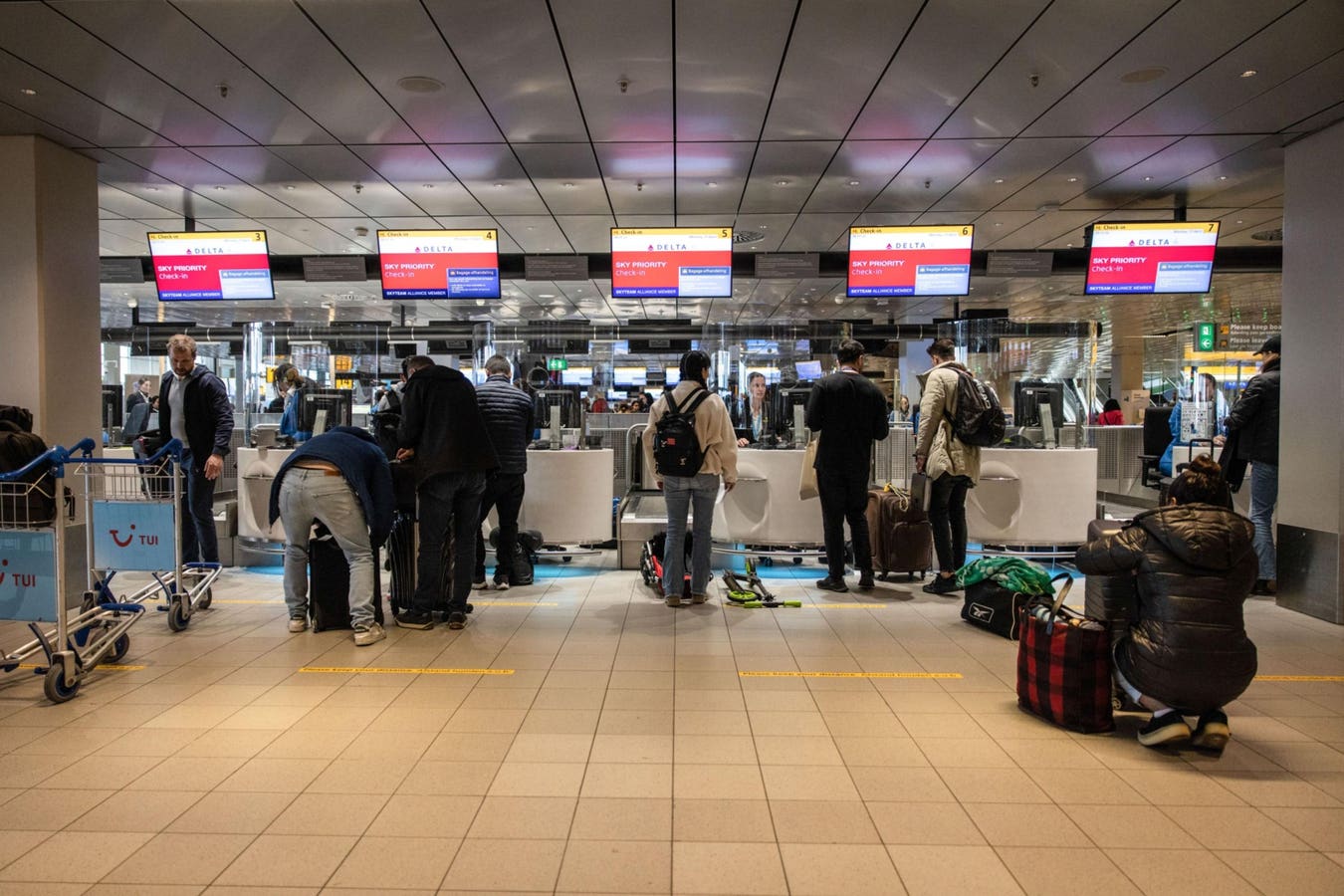The status of airlines as an economic indicator has long been debated, but Delta President Glen Hauenstein is making one thing clear: Rich people are traveling abroad, especially to Europe.
On Delta’s third quarter earnings call on Thursday, as well as at an investor presentation last month, Hauenstein discussed an increasing desire for travel including revenge travel, which refers to people making up for being cooped up during the worst of the pandemic.
One result: September and October used to be considered a “shoulder season,” when travel waned. That is no longer happening.
During Thursday’s call, JP Morgan analyst Jamie Baker noted that “ A lot of Delta customers obviously took fairly lavish European vacations this year,” and asked whether they would keep it up this winter.
“What we’re really excited about is the lengthening of the European travel season,” Hauenstein responded. “That has really gone from primarily ending in the summer.” Now, the season continues “through November, through the holidays, through the New Year,” he said. “And really now we’re only talking about a six to eight-week period that are the doldrums for Europe,” he said, referring to winter.
“Most people wouldn’t have expected” the continued bookings, Hauenstein noted. “We reduced our schedule in the fall and the winter. But our year-over-year comps are actually accelerating into the winter as we look into November, December and January.”
Delta recorded gains in every international region including the Pacific and Latin America. International revenue rose 35% from the same quarter a year earlier. Domestic revenue was $8.7 billion; transatlantic revenue was $3.1 billion, Latin America provided $788 million and the Pacific provided $559 million.
On an investor call last month, Hauenstein noted that airline customers, particularly Delta customers, are wealthy, “Our customer generally is a customer with an average household income of over $100,000, and their savings is still at record levels,” and travel is their number one priority, he said. “And so people say, well, when is revenge travel going to be over? I think it’s got a long way to go and I think it’s got – for our customer, it will work well through 2024.”
High income travelers account for 75% of spending on air travel, according to data, compiled by Delta, which defines high income households with earnings above $100,000 annually. Median U.S. household income was $74,580 in 2022, according to the .Census Bureau.
Last month, Delta announced an expanded 2024 schedule to Europe, building off its largest-ever schedule to Europe in the summer of 2023. Included is new service from New York Kennedy to Naples, Shannon, and Munich and new service from Atlanta to Zurich. Delta will also increase frequencies on three hub routes to Paris as well as on Atlanta-Venice, Boston-Athens, Detroit-Reykjavik, and JFK to Barcelona.
“It’s the second year in a row that we’ll have our largest-ever schedule to Europe for the summer with the demand for international travel being what it has been, despite continued questions along the way economically about a potential recession,” said Delta spokesman Drake Castaneda.
“The fact that the business built a schedule for next summer that is scheduled to outpace what this summer was, is indicative of that trend in demand for the experience economy to still be going strong,” he said.
United Airlines has led competitors in the transatlantic: its 2023 summer schedule had 96 peak daily departures on 75 routes. It has not yet announced its 2024 schedule. Meanwhile, American said in August that next summer it will add service to Copenhagen, Nice and Naples.
Read the full article here





